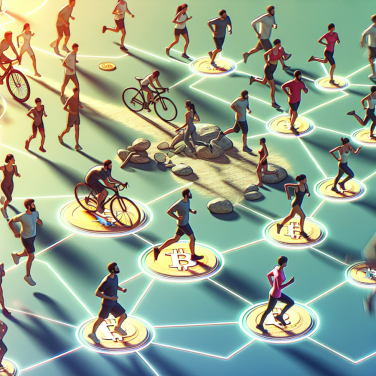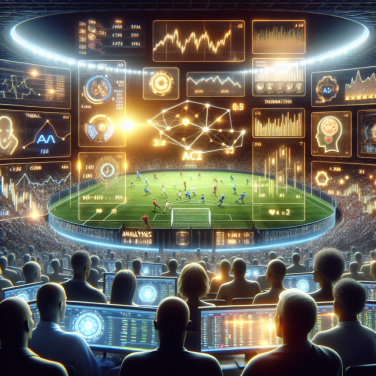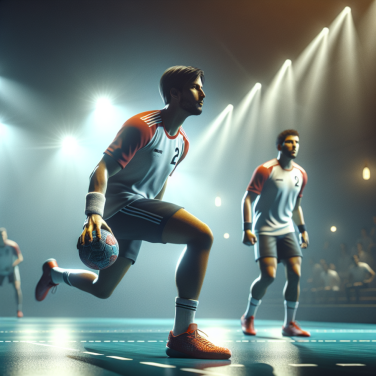The Ripple Effect: How Martial Arts Influences Personal Development and Self-Perception
Training in martial arts has a profound effect on one's personal development and self-perception - a ripple effect that extends far beyond the dojo. This happens in various stages, from physical fitness regimen, mastering martial techniques, to inculcating philosophies of patience, discipline, and resilience.
To start, the physical training in martial arts promotes a greater appreciation of one's body dimensions, capabilities, and potential. The systematic learning, repetition, and honing of techniques sharpen physical dexterity, agility, flexibility, and strength. As progress is made in the mastery of these techniques, there is a corresponding improvement in physical fitness, and an increase in confidence in one's physical capabilities.
Then, exposure to martial arts stimulates the mind and sharpens the mental faculties in profound ways. Following the instructor's guidance requires good attention to detail, concentration, and sharp recall. These skills are developed continuously and honed to razor-sharpness as one progresses up the grades. The mental toughness developed here tends to spill over into other aspects of life, encouraging resilience, determination and, an unwavering spirit.
Additionally, martial arts encourage discipline, hard work, and perseverance. The journey to a black belt is long and hard, peppered with occasional failures, tough lessons, and seemingly insurmountable obstacles. Yet, every fall teaches the martial artist to get up, learn from the mistake, and carry on. These values foster fortitude and perseverance in the pursuit of long-term goals, not just in martial arts, but in other areas of life too.
Martial arts also help reshape one's self-perception. Traditional martial arts value humility, modesty, respect, and harmony. As martial artists continue to learn, they become more humble, realizing that there is always more to learn and that everybody they meet has something to teach them. They also acquire a deep-seated respect – for their instructors, their peers, their opponents, and their own selves.
Finally, the practice of martial arts brings about increased clarity in one's own purpose. This clarity influences one's perception of their role in the community, be it as a protector, a mentor, an influencer, or an advocate for peace. Furthermore, martial arts teaches that, like everyone else, their actions can have significant influence and impact on others, fostering heightened awareness and sense of responsibility towards their actions and choices.
In conclusion, the martial arts’ influence on personal development and self-perception is profound and pervasive.
Read also:
Exploring the Number of Golf Courses in The Villages
Exploring the Transformational Power of Martial Arts
Martial arts are ancient disciplines of combat practices. They are practiced for a variety of reasons including self-defense, military training, and spiritual development. The transformational power of martial arts extends beyond physical prowess, impacting various dimensions of our lives including mental health, self-confidence, social skills, and discipline among others.
One cannot overlook the significant impact martial arts have on individuals' mental health. Engaging in martial arts leads to gradual mental strengthening by teaching discipline, focus, and resilience. These lessons don't just apply within the dojo or sparring ring, but permeate every aspect of a practitioner's life, molding their perspective amidst daily stresses and challenges. Regular practice fosters a positive and growth-centric mindset that equips individuals better to handle life's ups and downs.
Martial arts also enhance self-confidence. Learning to execute complex techniques and defeating opponents engenders a sense of accomplishment that builds robust self-confidence. The mere act of standing up for oneself in a controlled, safe environment can significantly influence self-perception. Over time, martial artists start recognizing their abilities, developing faith in their capacity to confront and overcome obstacles. This newfound self-belief plays a vital role in their lives stimulating growth professionally and personally.
Moreover, martial arts stimulate the development of excellent social skills. Martial art classes foster a sense of community where everyone is working towards common goals. Interactions within this community facilitate the development of essential social skills such as respect for others, listening, communication, and team spirit. Learning to cooperate with others, respecting their limitations and strengths, and understanding the value of mutual support are lessons that significantly influence one's interactions in social and professional settings.
Furthermore, one of the aspects that make martial arts truly transformational is their focus on the cultivation of discipline. The strict routine and repetitive nature of training instill a sense of discipline, often translating into other areas of life. Regular practice necessitates time management, consistency, and perseverance, encouraging individuals to become more managed, dependable, and accountable.
The impact of martial arts reaches far beyond physical fitness. More than battles fought and won in the gym or the ring, it's the internal transformation fostered by martial arts that empowers a real warrior within. While physical skills can deteriorate due to aging or injury, the mental strength, confidence, social abilities, and discipline gained from martial arts remain, creating warriors well-equipped to handle life's most significant challenges.




